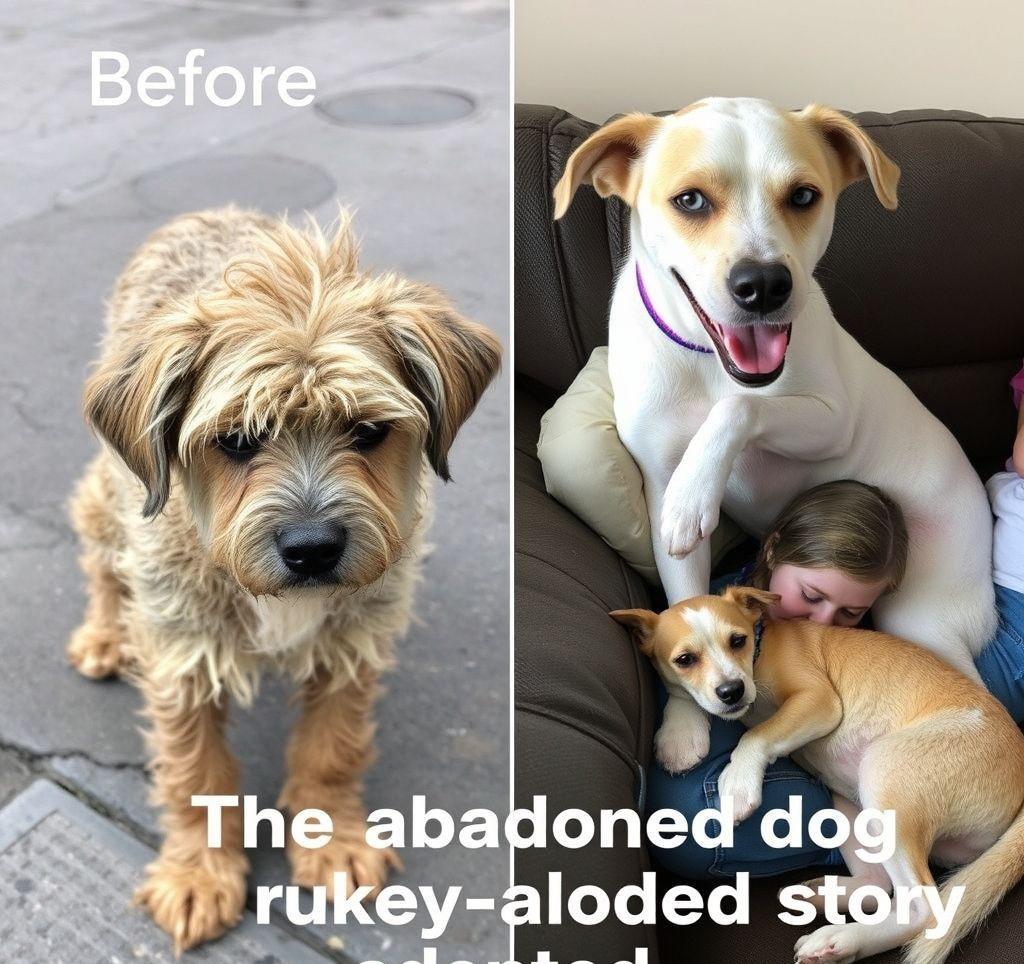Every wag of a tail and hopeful gaze from a shelter kennel tells a story. Often, these stories are about the triumph of finding a forever home. But sometimes, the journey involves a detour. This is the story of Zelda, a beloved shelter dog whose initial adoption didn’t work out, leading her back to the shelter’s care. Her experience isn’t a tale of failure, but a powerful testament to the complexities of pet adoption and the crucial importance of ensuring the right match for both the animal and the adopter. When a shelter dog zelda returned adoption narrative unfolds, it invariably shines a light on how we can improve the adoption process for everyone involved.
Why a Perfect Match Matters in Dog Adoption
The return of a dog to a shelter, while sometimes disheartening, is a critical part of the responsible adoption process. It underscores that a home environment is not a one-size-fits-all situation for our canine companions. Understanding why a dog like Zelda might be returned is essential for advocating better adoption practices. The benefits of a strong match include:
- Reduced Stress for the Dog: A well-matched home minimizes anxiety and behavioral issues for the dog, promoting their well-being.
- Increased Adoption Success Rates: When adopters and dogs are compatible, the chances of a lifelong commitment are significantly higher.
- Fewer Returns: Thorough matching processes prevent the emotional and practical toll that dog returns can have on shelters and the animals themselves.
- Happier Families: A compatible canine companion enriches a family’s life, fostering a harmonious and joyful coexistence.
- More Shelter Resources Available: By reducing returns, shelters can dedicate more time, space, and resources to other animals in need.
Understanding the Factors Behind a Returned Shelter Dog
When a shelter dog zelda returned adoption situation arises, it’s rarely due to a single cause. Instead, it’s often a combination of factors, many of which could have been mitigated with more in-depth matching. These can include:
- Lifestyle Mismatch: An energetic dog placed with a sedentary owner, or an independent dog with a family seeking constant interaction.
- Unrealistic Expectations: Adopters may not fully grasp the commitment, training, or patience a dog requires, especially one previously through a traumatic experience.
- Behavioral Issues Not Addressed: Without proper assessment and management, certain behaviors like separation anxiety or fearfulness can be overwhelming for new owners.
- Lack of Training and Socialization: Inadequate early training and exposure can lead to difficulties integrating into a new home.
- Family Dynamics: The presence of young children, other pets, or varying schedules can impact a dog’s adjustment.
It’s important to remember that statistics show that approximately 10% of adopted pets are returned to shelters each year. This highlights the ongoing challenge and the imperative for better matching.
Zelda’s Journey: From Return to Renewed Hope
The story of Zelda, the shelter dog returned adoption tale, is a common one, yet unique in its specifics. Zelda, a vibrant and loving dog, initially found a home that seemed perfect on paper. However, as time went on, it became clear that the household’s very active lifestyle and the owner’s demanding work schedule created a disconnect. Zelda thrived on routine and consistent interaction, something the initial home struggled to provide consistently. This led to anxiety for Zelda, manifesting in behavioral changes that were difficult for the adopters to manage. Rather than giving up, the adopters, recognizing that Zelda deserved a better fit, made the difficult decision to return her to the shelter. This act, while painful, was a sign of deep care and responsibility, prioritizing Zelda’s well-being. The shelter, in turn, provided Zelda with a safe environment, extensive behavioral assessments, and a renewed focus on finding her true ideal match.

Expert Insights on Successful Dog Adoptions
Finding the right canine companion is an art and a science. Experts consistently emphasize the importance of thorough evaluation and open communication. As the American Society for the Prevention of Cruelty to Animals (ASPCA) notes,
“Adoption is a commitment for the lifetime of the pet. By carefully considering your lifestyle and matching it with the needs of an animal, you can ensure a rewarding experience for both you and your new companion.”
For anyone considering bringing a dog into their home, especially those looking into a second chance adoption, here are some expert tips:
- Be Honest About Your Lifestyle: Assess your energy levels, available time, living situation, and experience with dogs.
- Meet Multiple Times: If possible, visit the shelter and interact with a potential dog on several occasions before committing.
- Involve the Whole Family: Ensure all household members are on board and have met the dog.
- Understand Breed Needs: Research the typical temperaments and exercise requirements of different breeds or mixes.
- Consider the Dog’s History: Ask shelter staff about the dog’s known background, behavior, and any past issues.
- Prepare Your Home: Have essential supplies like food, water bowls, a leash, a collar, and safe toys ready before the dog arrives.
- Be Patient During Adjustment: The initial days and weeks are crucial for a dog to settle in. Patience and positive reinforcement go a long way.
Zelda’s story, though it included a return, ultimately led her to a home that truly understood and embraced her unique personality and needs. Her second adoption was a resounding success, proving that the journey of finding the right dog is worth every effort.
“`







